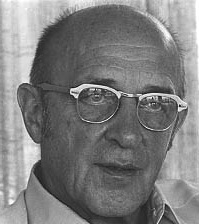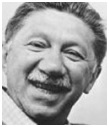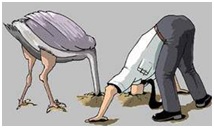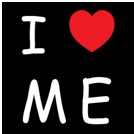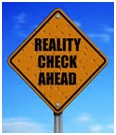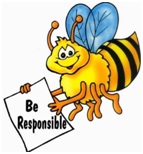|
 |
|
 |
Carl Rogers - Psychology, Psychotherapy and Happiness
Carl Rogers (1902-87)
American psychologist. One of the founders of psychotherapy that encourages people to sort out their problems with the help of a therapist. Like Abraham Maslow (pictured right below), Rogers believed that everyone is:
His most famous book is… On Becoming a Person (1961).
What did he tell us about happiness and human potential? 1. “Incongruity” This is the gap between your:
As this gap increases, you will be
Unhappiness also results from using “defences” to deal with problems - for example:
The only solution is what Rogers called “client-centred” psychotherapy, where the therapist:
So, the therapist must have three qualities:
2. “Positive self-regard” This is what he called self-respect and is extremely important. It comes from the “positive regard” of others, particularly family and friends. They just love you for who you are (unconditional love), not on the condition that you do something for them (conditional love) . Conditional love leads to people doing what pleases others, not what is best for them.
3. The “fully functioning person” This is what he called someone who is psychologically healthy and happy. Six things make this happen: a) openness to experience
b) live fully in the present (and face reality)
c) trust yourself to make yourself happy (so long as you accept the two points above) Be prepared to change and be patient, because your problems are likely to take a long time to solve. d) freedom
e) creativity
f) courage and determination
Experience is, for me, the highest authority.
Key quote on change When I accept myself just as I am, then I can change.
Key quote on positive thinking When I look at the world I'm pessimistic, but when I look at people I am optimistic.
Key quote on happiness The good life is a process, not a state of being.
Key quote on peace of mind The only person that cannot be helped is that person who blames others.
|
|
|
||
|
|
|
||
|
||
| Copyright © wisdomtowin.com All Rights Reserved | ||
|

